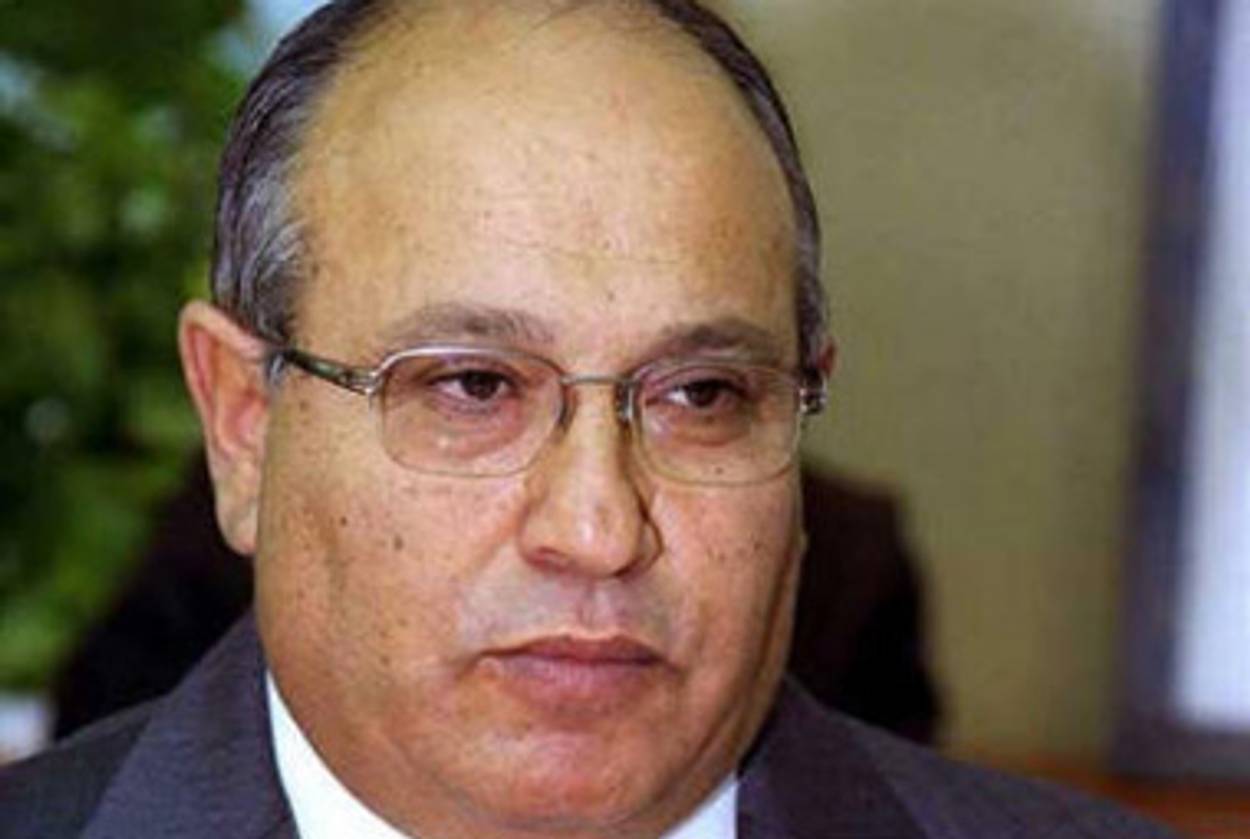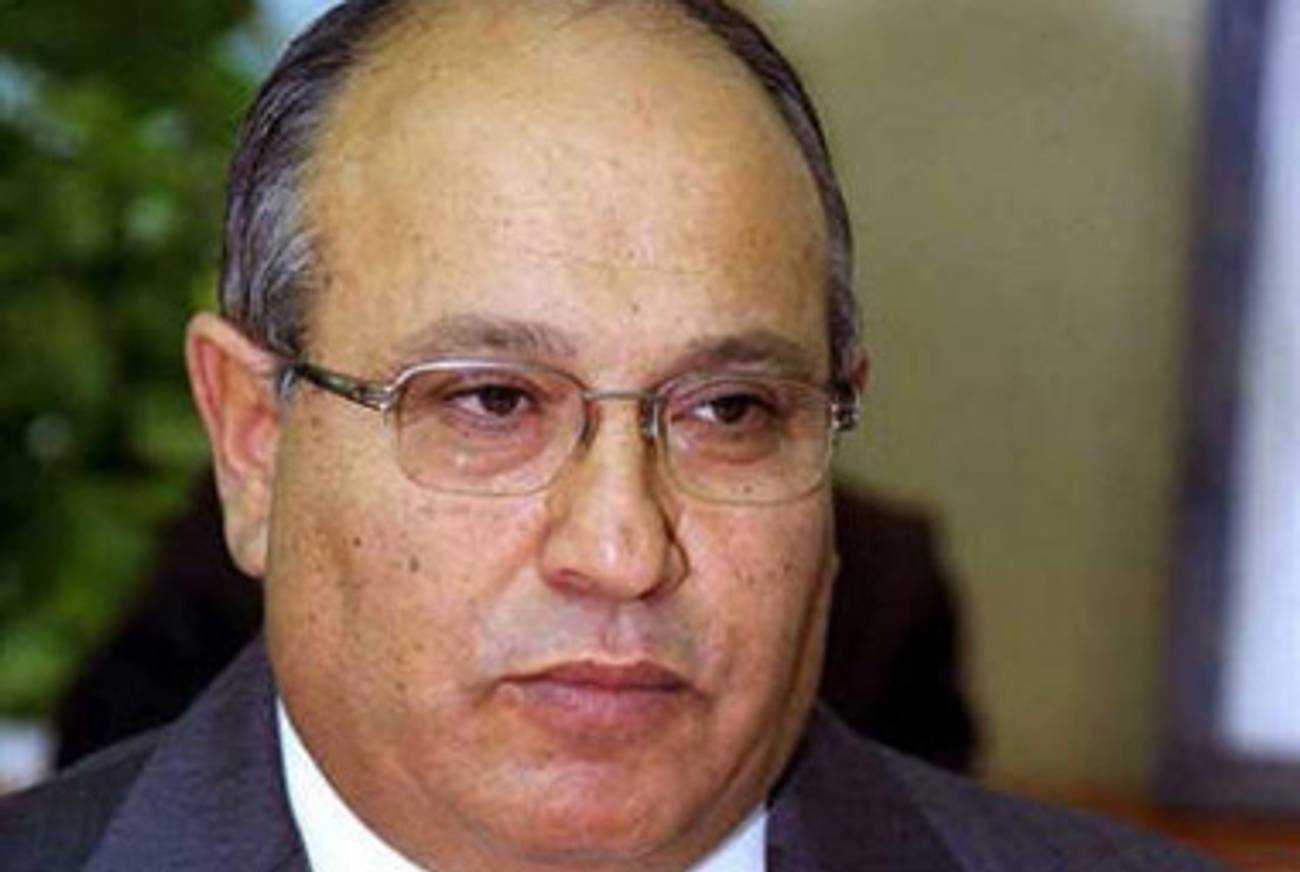Dagan Continues Loyal, Lonely Opposition
Rebuked by government, Mossad chief still offers opinions




Meir Dagan continued his path to becoming de facto leader of the Israeli opposition earlier this week, offering a wide range of opinions on current events upon receiving an honorary degree. “At least I didn’t need a passport to get here,” he quipped—a reference to the Foreign Ministry’s demand that he return his diplomatic passport despite the common practice of allowing holders to keep them until they expire. The unusual move was attributed to the Netanyahu government’s dissatisfaction with Dagan’s vocal opposition to Israeli military action against Iran’s purported nuclear weapons program. Dagan concluded a hugely successful eight-year tenure as head of the Israeli spy agency earlier this year.
So, what is the opposition’s party-line?
On Syria’s regime being replaced with majority-Sunni leadership: “They may not be lovers of Israel, but there is no doubt this would harm Hezbollah, weaken it, harm the strategic backing it receives from Syria, minimize the Iranian influence in the field, increase influence by Saudi Arabia and Gulf States on it, and increase chances it will open up to the West.”
On the Arab Spring: “A deeper look reveals rifts and conflicts that existed before and which have been swept under the rug, but are now bursting out in the form of protests and in many places purposeful violence” (sounds a lot like Lee Smith yesterday).
On the Israeli-Palestinian impasse: “It affects our status in the world. We must find a way to end the conflict.”
It is thought that Dagan is speaking out because he fears that the near-simultaneous retirements of himself, the head of Shin Bet (Israel’s F.B.I.), and the military chief-of-staff means that Prime Minister Netanyahu can now increase Israel’s isolation by being further intransigent on the Palestinian question and by taking provocative action against Iran. However, Gabi Ashkenazi, the aforementioned retired military chief-of-staff, chastised Dagan earlier this week: “I do not think one should voice a strong opinion on whether an attack on Iran is required now,” he told Maariv. “There are arguments in both directions, obviously there are disagreements, but what is important is keeping them inside the room.” Of course, Ashkenazi also seemed to break his own rule: “Israel must not allow a situation where there is an option for a nuclear cloud over its skies,” he added, “but that does not mean that a military option is the best one at this moment.”
Dagan Doubts ‘Arab Spring’ [Ynet]
Ashkenazi Slams Dagan Over Iran Attack Remark [Arutz Sheva]
Former Mossad Chief Asked To Return Diplomatic Passport [Haaretz]
Related: Uncloaked [Tablet Magazine]
Earlier: Why They Listen to Dagan
Marc Tracy is a staff writer at The New Republic, and was previously a staff writer at Tablet. He tweets @marcatracy.